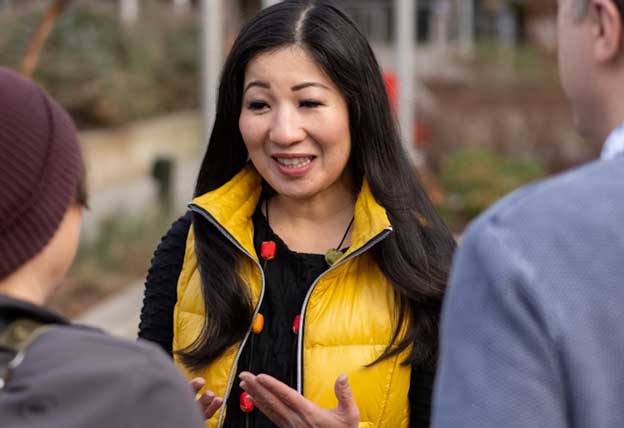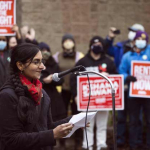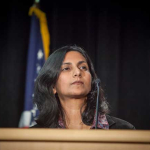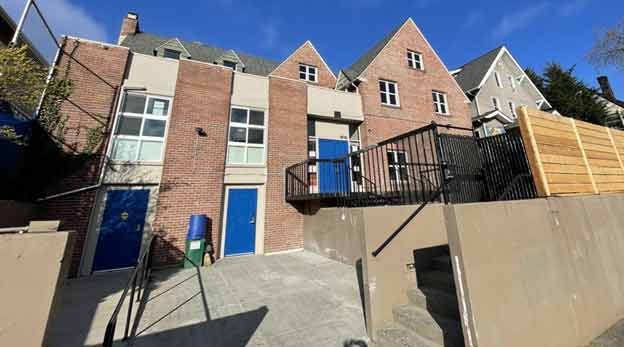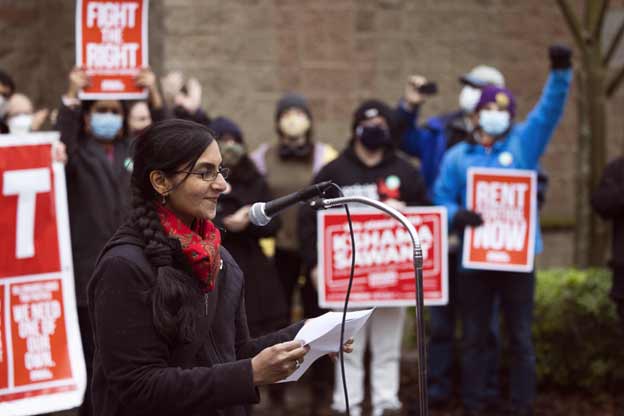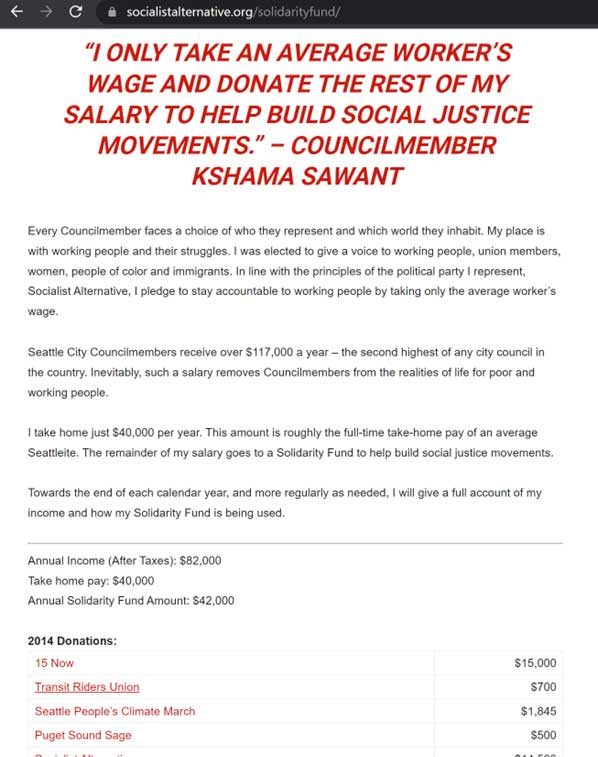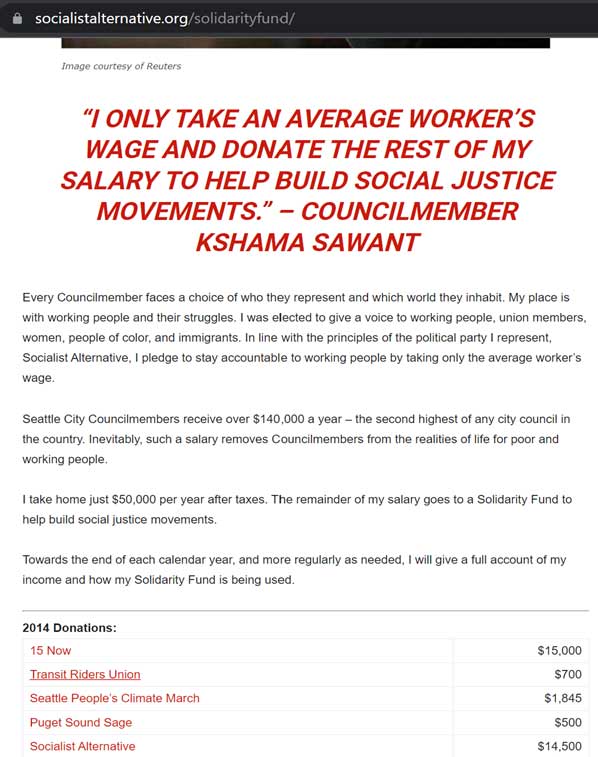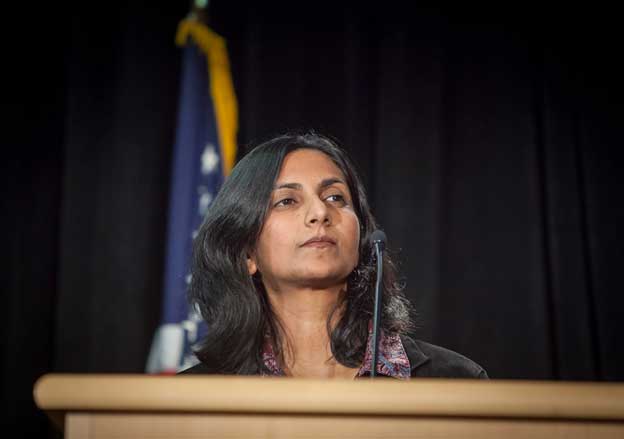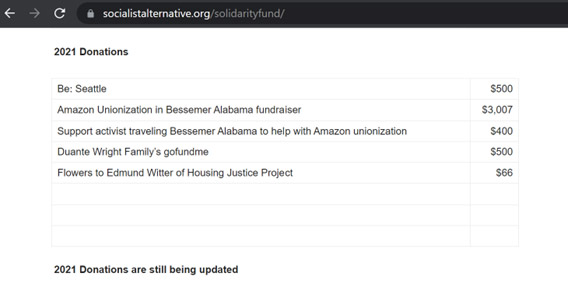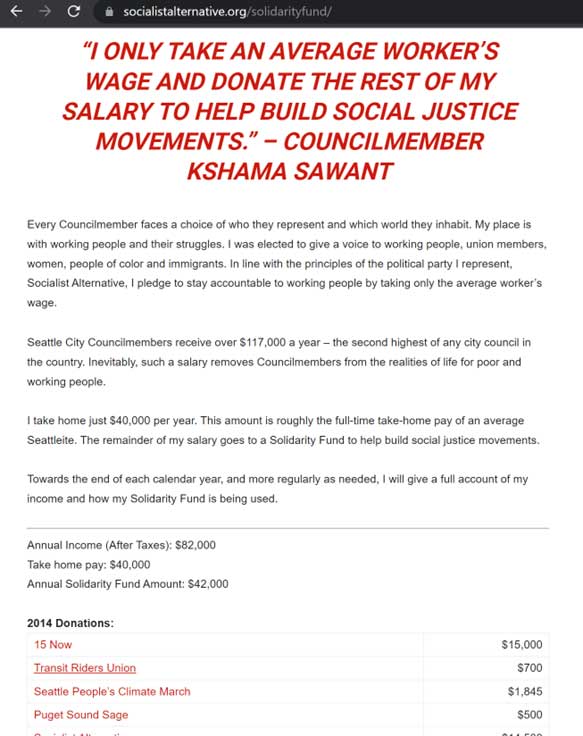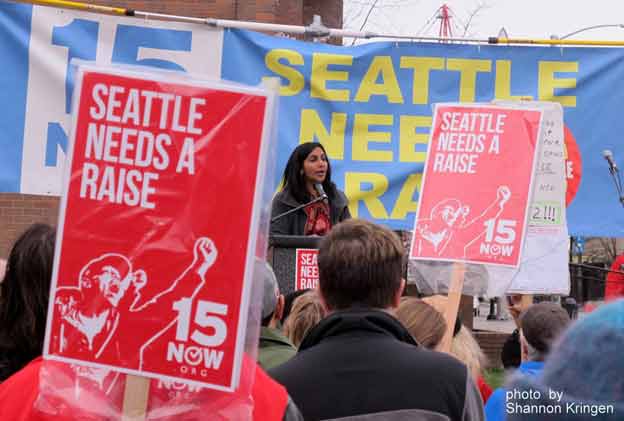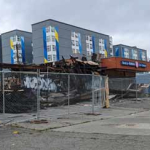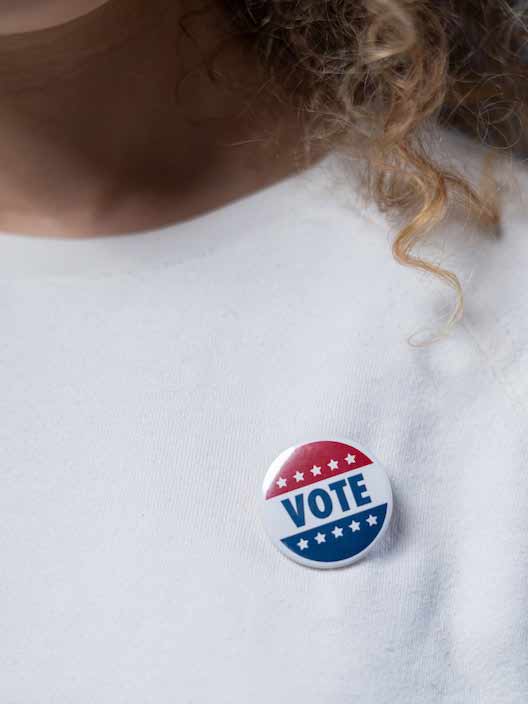Washington Expands Covenant Homeownership Program To Tackle Racial Disparities, But Critics Raise Concerns

Washington state is pushing forward with a bold initiative to address persistent gaps in homeownership, particularly among historically marginalized communities. Governor Bob Ferguson recently signed House Bill 1696, expanding the Covenant Homeownership Program (CHP) — an effort that supporters call a critical step toward equity, but critics argue could drive unintended consequences.
The Covenant Homeownership Program, launched in 2024, provides financial assistance to first-time homebuyers in the form of a zero-interest loan, secondary to their primary mortgage. The loan covers down payment and closing costs, two of the most significant hurdles to homeownership for many families. Under the original framework, the loan could cover up to 20% of the home’s purchase price or $150,000, plus closing costs (if paid directly by the buyer). Borrowers are not required to make monthly payments, and the loan is only repaid when the home is sold or refinanced. Critics say it will never be paid back, and it’s a “reparations plan” paid for by real estate transactions (other home buyers).
House Bill 1696 makes several key adjustments. First, it raises income eligibility from households earning up to 100% of Area Median Income (AMI) to those earning up to 120% of AMI, thereby expanding access to a broader segment of potential homeowners. In addition, borrowers earning 80% or less of AMI could see their loans forgiven after five years, completely eliminating repayment obligations if they meet the income requirement.
“This is about creating opportunity for families who have been locked out of the dream of homeownership for far too long,” said Representative Jamila Taylor (D-Federal Way), the bill’s primary sponsor. “While this doesn’t erase decades of systemic discrimination, it moves us closer to fairness.”
The roots of the CHP trace back to 2021, when nonprofit organizations, recognizing the impact of COVID-19 on economic disparities, came together to brainstorm solutions to Washington’s stark racial and economic homeownership divides. Loretta Cael, director of Homeownership at Parkview Services, was part of those early conversations.
“We realized there were so many families — especially lower-income households and people of color — who were doing all the right things: saving, building their credit, staying financially responsible,” Cael told KOMO News. “But they just couldn’t clear that final hurdle.”
Rather than simply providing grants, the program requires participants to qualify for a mortgage, build a credit history, and demonstrate consistent savings habits. “These aren’t handouts,” Cael emphasized. “They’re hand-ups — tools for people willing to put in the work.”
However, not everyone is celebrating the expansion.
Some critics argue that targeting assistance based on historical disparities, even indirectly, amounts to reverse discrimination. Concerns have also been raised that increasing demand for homes through such programs could drive up property prices and closing costs — potentially making it harder for non-eligible buyers to compete.
Julie Barrett, founder of Conservative Ladies of Washington, warned that artificially boosting demand could fuel housing inflation. “You can’t just pour more buyers into a limited housing market without driving prices up for everyone,” she said.
Adding to the controversy, some opponents, including political commentators like Brandi Kruse of the [un]Divided podcast, have compared the program to a “reparations plan,” pointing to the loan forgiveness provisions and average assistance amounts of around $120,000 for eligible Black first-time homebuyers. Kruse recently described the policy as “insane,” suggesting it shifts an unfair financial burden onto other residents.
Program Funding and Oversight
The expansion also modifies the program’s governance structure, adding a representative from a nonprofit housing counseling organization to the Covenant Homeownership Program’s Oversight Committee.
One critical clarification emphasized by Rep. Taylor’s office: the program is not funded by Washington’s general taxpayer base. Instead, it’s financed entirely through a document recording fee collected during real estate transactions. Only those purchasing homes contribute to this pool — meaning that the program’s costs are borne by active participants in the housing market, not by the broader public.
As of early 2025, the Covenant Homeownership Program has already helped over 200 families across more than 20 counties in Washington achieve homeownership, signaling its early success despite lingering concerns.
The racial homeownership gap in Washington remains stark. Approximately 69% of white households own their homes, compared to just 34% of Black households. Even among families earning less than $50,000 per year, the disparity persists.
“We’re not immune to the impact of racism and discriminatory policies of the past,” said Rep. Taylor. “But Washington is showing that it is serious about correcting those wrongs.”
While practices like redlining and restrictive covenants were outlawed decades ago, their legacies continue to shape economic realities for many families. Proponents of HB 1696 believe that targeted interventions are necessary to dismantle the barriers that still exist.
“We’re not giving anything away,” Cael added. “We’re giving people access — something they should have always had.”
As Washington state moves forward with the expanded Covenant Homeownership Program, the true test will be whether it can deliver lasting, broad-based benefits without unintended side effects — and whether it can become a model for other states grappling with similar challenges.






